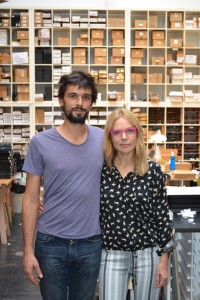 Lucas de Staël and Onega Astaltsova at his studio in Paris
Lucas de Staël and Onega Astaltsova at his studio in Paris Fascinated by this unparalleled ingenuity, we visited de Staël’s studio-factory in Paris to see the manufacturing process for ourselves. The site is as innovative as the eyewear it produces. The two-story glass building nestled between two typical city buildings is light, spacious and well-organized. Inside are machinery and tools created by de Staël and his team. They have to create their own because no other technology can manipulate the natural frame materials in this unique way or produce such meticulous results. For example, the layers of the frame have to line up with a minuscule 0.05 mm tolerance.

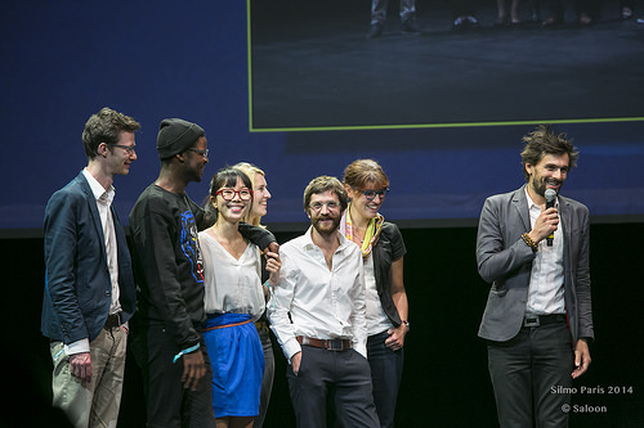
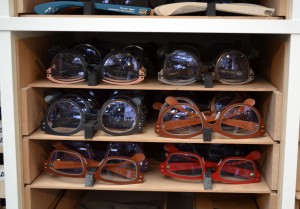
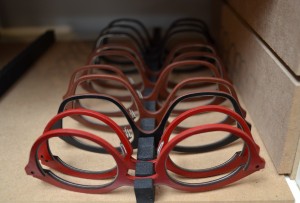
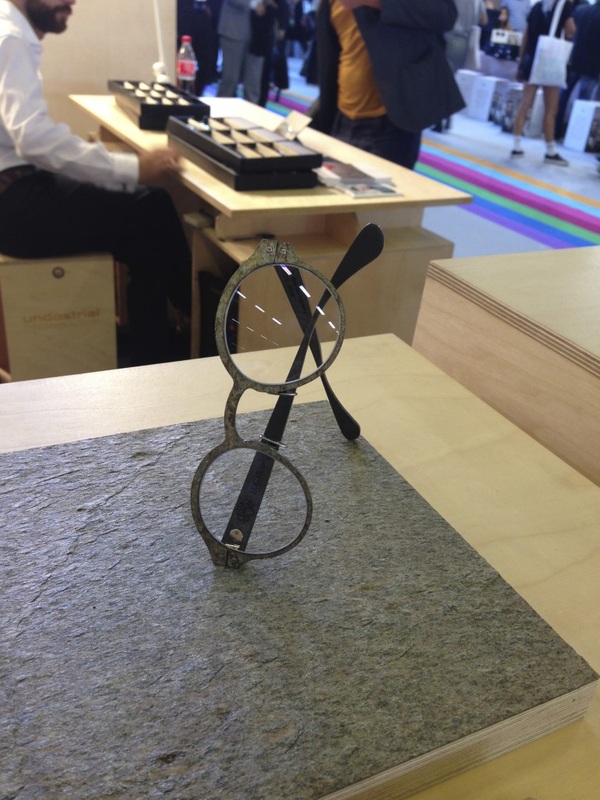
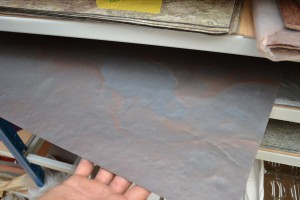
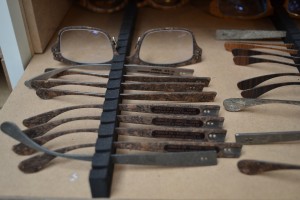
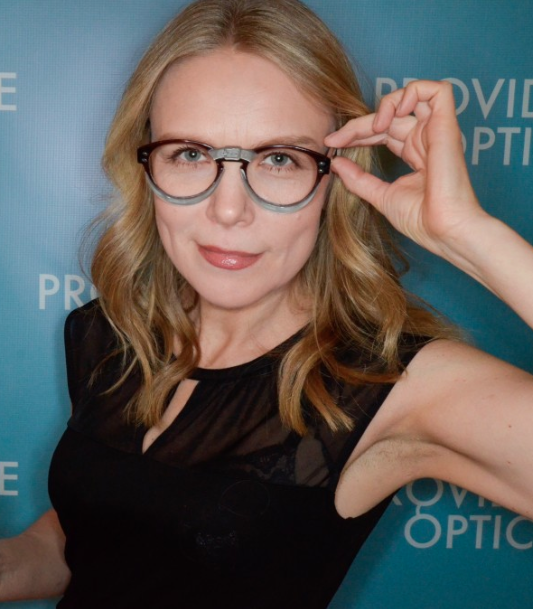
 RSS Feed
RSS Feed